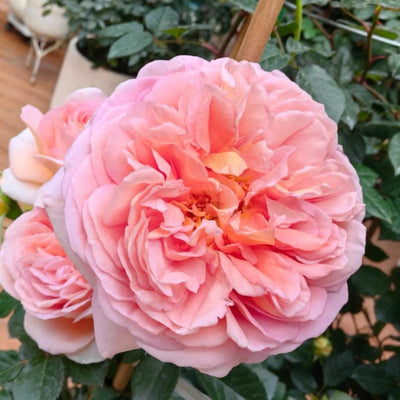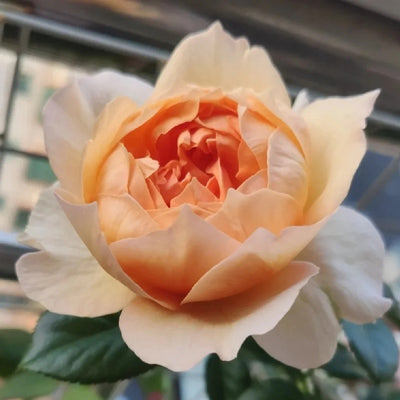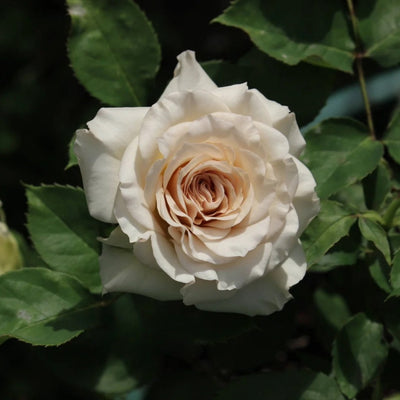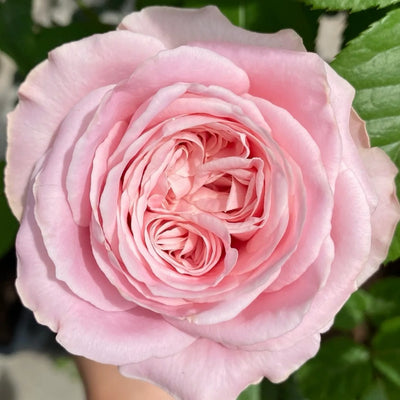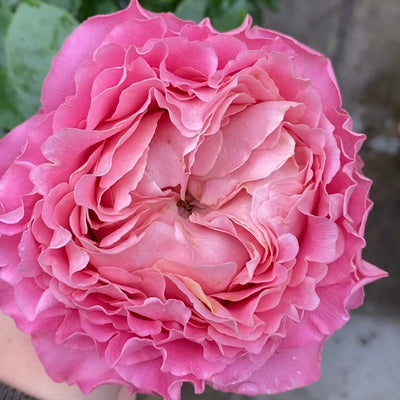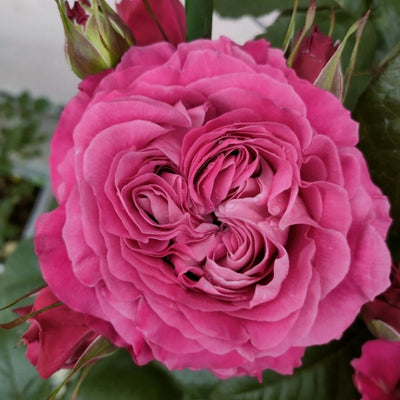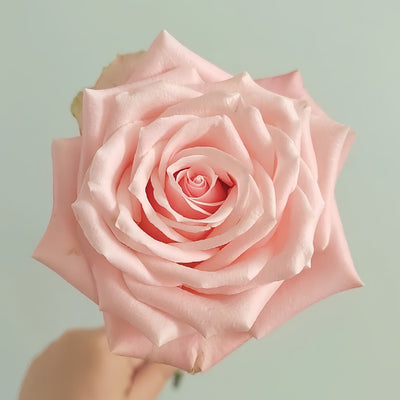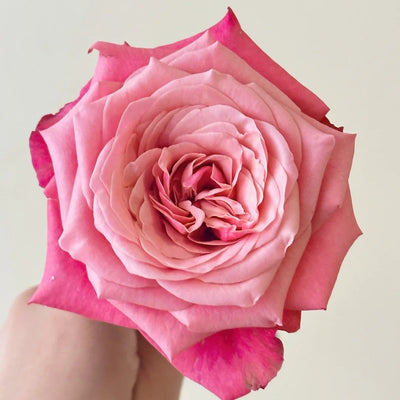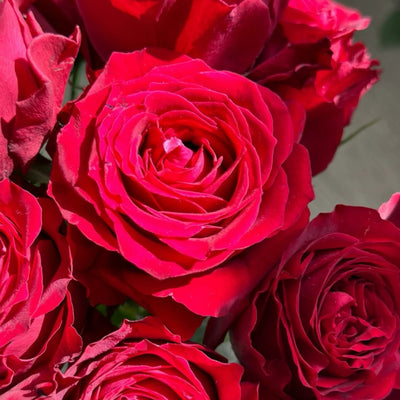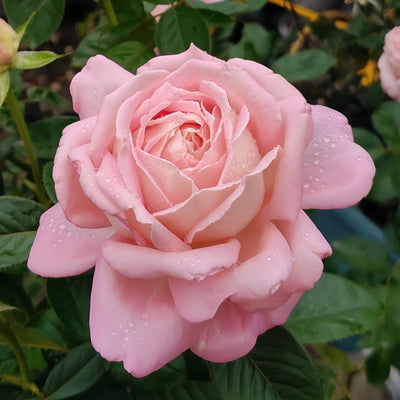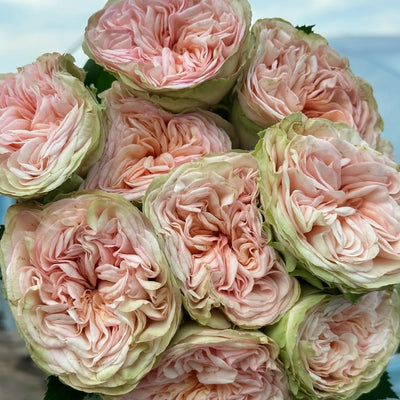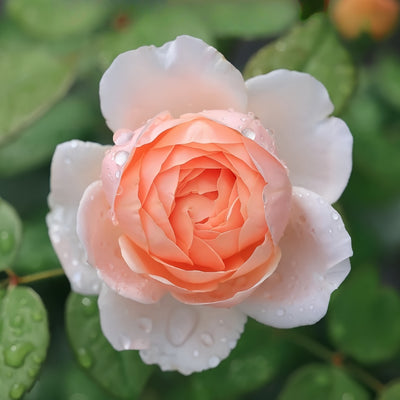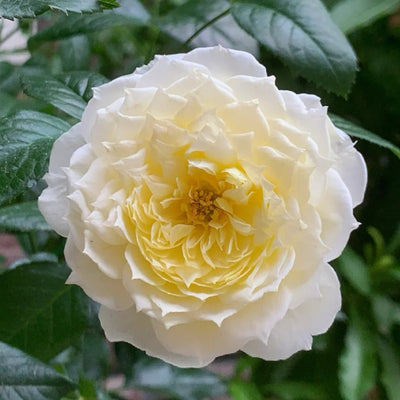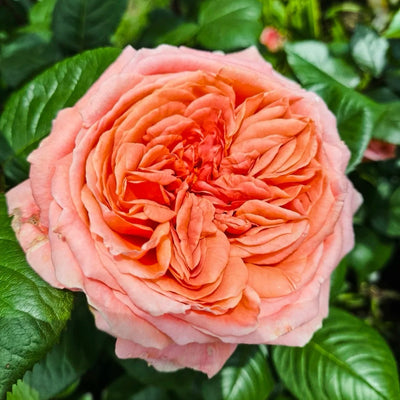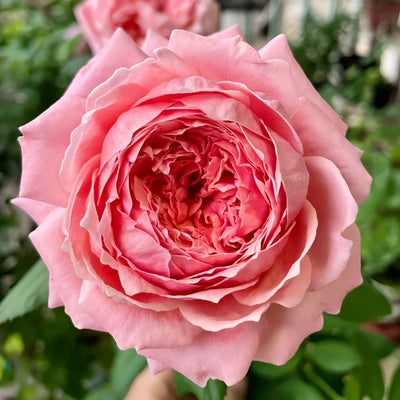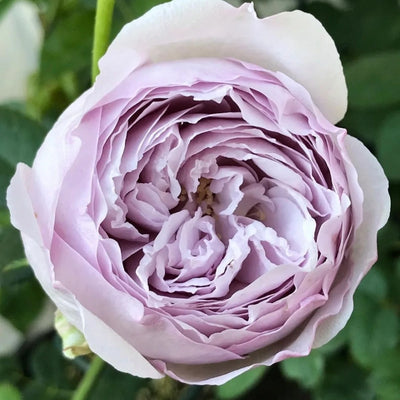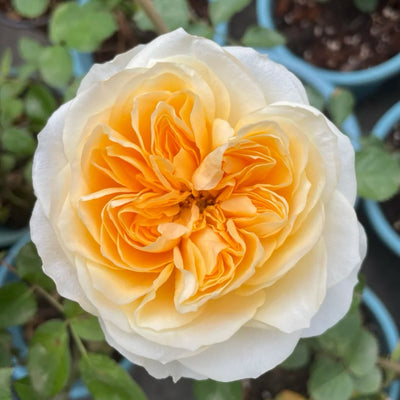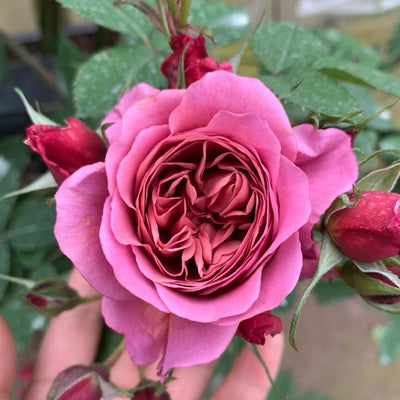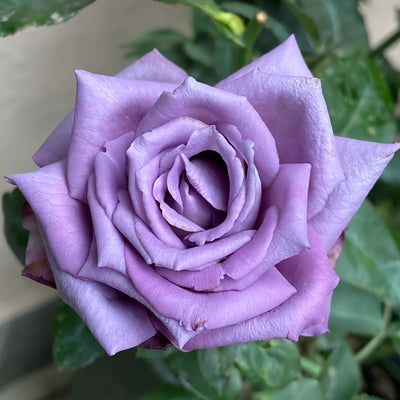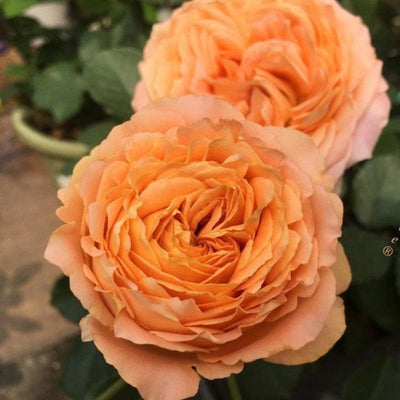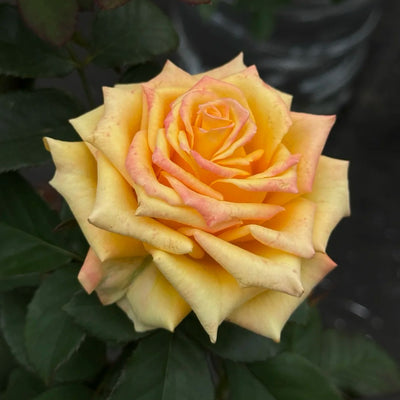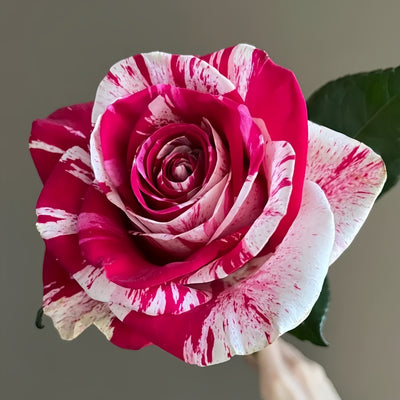Are Roses Toxic To Cats? Everything You Should Know
If you’re a cat lover and a garden enthusiast, you’ve probably wondered: Are roses toxic to cats? With their irresistible scent and colorful blooms, roses are a favorite for many, but curiosity can make cats want to nibble or play with them. Here’s what every pet owner should know to keep their feline friends safe around these classic flowers.

Good news — roses are not toxic to cats. The common garden rose (Rosa species) doesn’t contain any compounds that are poisonous to felines. So, if your cat accidentally chews on a petal or two, it’s unlikely to cause serious harm. However, “non-toxic” doesn’t mean completely safe — certain parts of the plant can still irritate your cat’s mouth or stomach.
What Happens If a Cat Eats Rose Petals?
If a cat chews on or swallows rose petals, it might experience mild stomach irritation. Common symptoms include vomiting, diarrhea, or a temporary lack of appetite. These effects are generally minor and pass quickly, but your cat might feel uncomfortable for a short while. Make sure they stay hydrated and rest in a calm environment.
What About the Leaves and Rose Hips?
Rose leaves and fruits, known as rose hips, may cause slight irritation if ingested. While they aren’t truly dangerous, cats’ sensitive digestive systems can react to their texture or tiny seeds. For example:
• Leaves: Chewing rose leaves can irritate the mouth or stomach, causing mild drooling or upset.
• Fruits (Rose Hips): Generally harmless, but the small hairs and seeds inside might trigger temporary stomach discomfort if chewed.
Can Roses Cause Skin Irritation?
In rare cases, a cat may get mild skin irritation from brushing against rose stems or leaves. The biggest concern, however, comes from rose thorns. These can scratch delicate skin or paws, leading to small wounds. Check your cat regularly if it spends time near rose bushes and trim sharp stems when possible.
How to Keep Your Cat Safe Around Roses

To enjoy your roses without worrying about your pets, follow these simple precautions:
1. Limit Access: Keep rose plants in elevated pots or fenced garden areas where cats can’t easily reach them.
2. Redirect Curiosity: If your cat seems interested in your roses, offer safe alternatives like catnip, cat grass, or soft toys.
3. Maintain Cleanliness: Remove fallen petals or leaves promptly to reduce temptation.
When to Call the Vet
If your cat shows persistent vomiting, drooling, lethargy, or any unusual behavior after contact with roses, contact your veterinarian. While serious reactions are very rare, professional advice will help ensure your cat stays safe and comfortable.
In conclusion, roses are not toxic to cats. With a little attention and care, you can enjoy your rose garden and keep your feline companion happy. Monitor your cat’s behavior, avoid thorny encounters, and choose safe plant placements. A mindful gardener can have both a thriving rose garden and a healthy, curious cat.
Do you have cats that love exploring your garden? Share your experiences or tips in the comments below — your story might help other pet parents keep their gardens beautiful and pet-safe! 🌹🐾




















